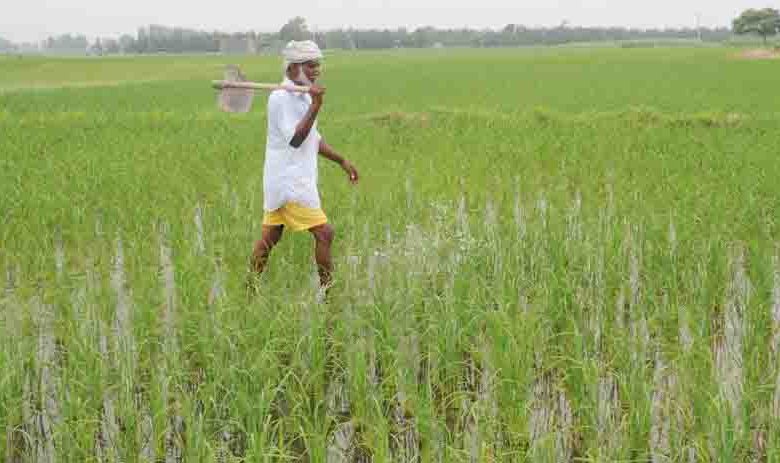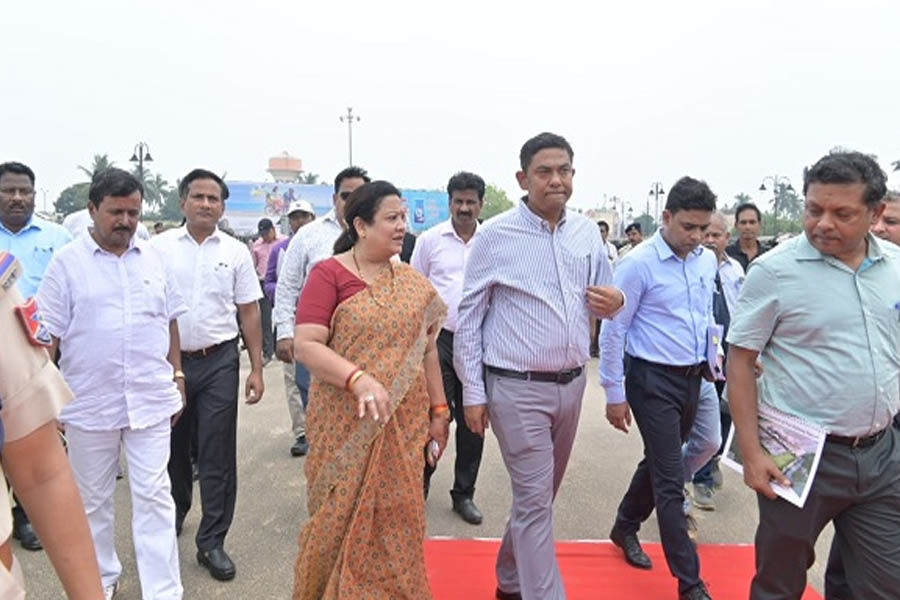Punjab: Why has the Pusa-44 paddy variety been banned?

Punjab: Punjab has once again banned the sale and sowing of Pusa-44 variety of paddy for the upcoming Kharif marketing season, along with banning various hybrid varieties. Seed sellers have been directed not to sell seeds of the water-guzzling Pusa-44 variety, to prevent overexploitation of groundwater in the state, which is now on the verge of becoming a desert in the coming two decades. Last year, the Pusa-44 variety accounted for about 3 per cent of the total area under paddy cultivation in the state. CM Bhagwant Mann had then said that banning Pusa-44 had led to saving of electricity worth Rs 477 crore, which would have otherwise been used to run tubewells to extract groundwater. Why the ban? Pusa-44 is a long-duration paddy variety that takes 143 days to mature, requiring fields to be ploughed for an additional 50 days. When it is harvested, it still has a high moisture content (above the permissible limit of 17 per cent) and farmers find it difficult to sell it at MSP. It also has a high percentage of broken grains and chaff. The state rice milling industry has also banned its hybrid seeds, as they claim that 50 per cent of the grains break during shelling. Other varieties have a much lower percentage of broken grains, around 25 per cent. About 5-6 kg of seed is required for an acre.
What do farmers say?
Punjab farmers are not affected by the ban, as many of them have already bought seeds at Rs 100-150 per kg from private seed producers, mostly from Karnal in Haryana, the hub of paddy cultivation in that state. Last year too, many Punjab farmers had bought Pusa-44 seeds even before the paddy variety was banned. Apparently, this time too, the government has not taken farmers into confidence about the reasons for the ban. “They have unnecessarily extended the date of paddy sowing. If the government is serious about saving groundwater, this should not have been done,” said a farmer from Patiala district.
What do rice millers say?
Ranjit Singh Josan, vice-president of the Rice Millers Association, said millers are happy that these varieties have been banned. “We hope the government will also ensure that farmers do not sow hybrid varieties or Pusa-44,” he said. How much sowing was done last year? Out of the total 32 lakh hectares under paddy cultivation last year, 5 lakh hectares were sown with Pusa-44 and hybrid varieties. In 2023, Pusa-44 was sown in 3.86 lakh hectares and in 2022, in 5.67 lakh hectares. While hybrid paddy seeds caught the attention of farmers last year, it is estimated that 2 lakh hectares will be cultivated in 2024.





